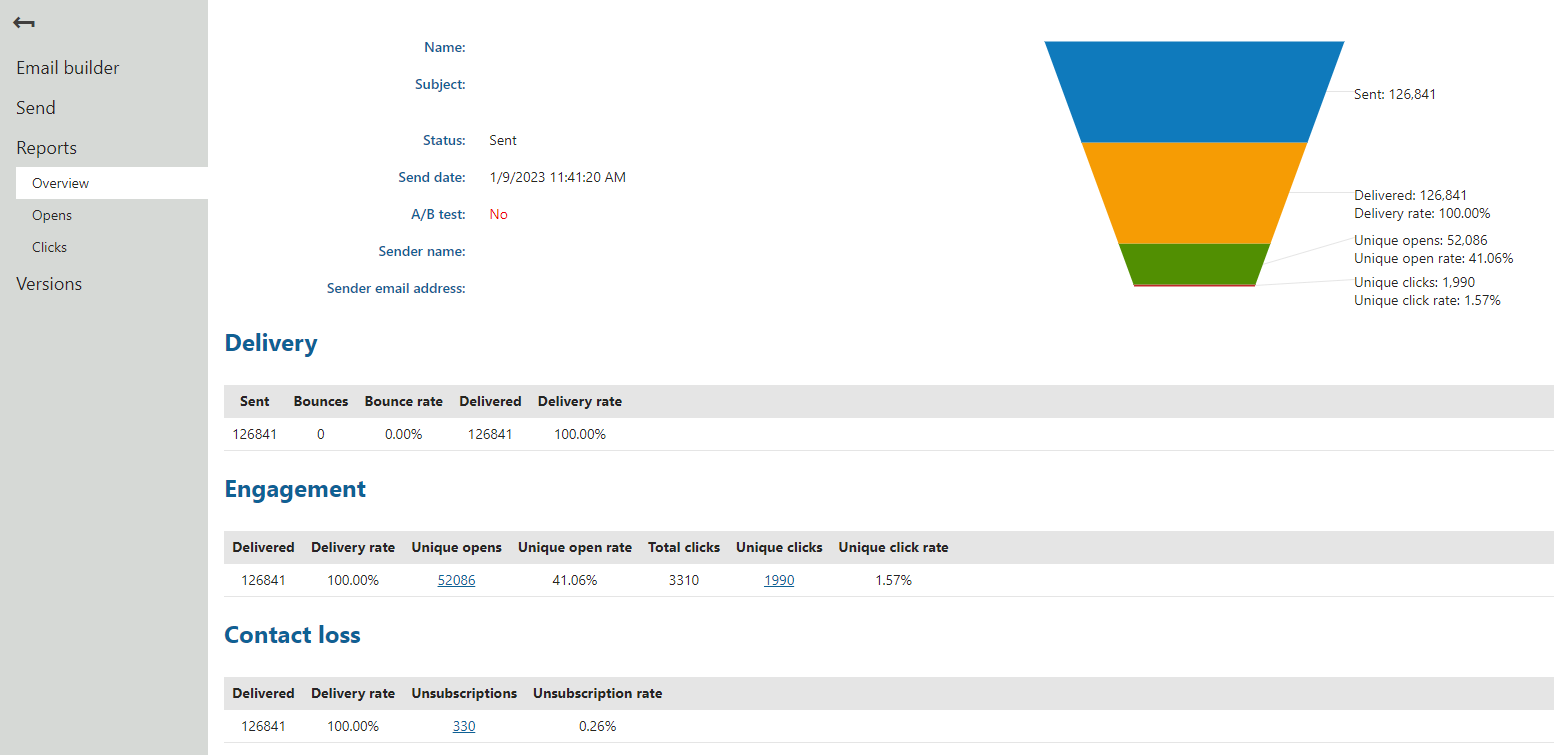Digital Marketing: A Comprehensive Guide to Email, Search Engine, and Social Media Marketing
Email marketing, search engine marketing, and social media marketing all have unique benefits, and it's important to understand each one to make informed decisions about your digital marketing strategy.
Download The Whitepaper
Email marketing is a cost-effective way to reach your target audience and build relationships with customers. With a well-crafted email, you can promote products or services, share valuable information, and encourage subscribers to take action. The key to success with email marketing is to have a large, engaged email list. You can grow your list through opt-ins on your website, social media, or by offering incentives such as discounts or free content.

Search engine marketing, on the other hand, allows you to reach a large audience quickly. It's a great option for businesses that want to drive traffic to their website and increase conversions. With PPC advertising, you only pay when someone clicks on your ad, and you can set a budget that works for your business. The key to success with search engine marketing is to have a well-optimized website, relevant and targeted ads, and constant monitoring and optimization of your campaigns.
Social media marketing is all about building relationships with customers and increasing brand awareness. With billions of users on social media platforms, it's a great way to reach a large, targeted audience. Social media marketing involves creating content that is relevant and engaging to your target audience, and sharing it on platforms like Facebook, Instagram, Twitter, and LinkedIn. The key to success with social media marketing is to have a strong social media presence, a consistent posting schedule, and a strategy for engaging with your followers.
 Download The Whitepaper
Download The Whitepaper
Email marketing, search engine marketing, and social media marketing are all effective ways to reach your target audience and drive conversions. Let's take a closer look at the statistics behind each method to understand their impact:
Email Marketing:
- The average open rate for email marketing is around 20-25% (Hubspot)
- The average click-through rate for email marketing is around 3% (Hubspot)
- 69% of consumers prefer to receive promotional content through email (Campaign Monitor)
Search Engine Marketing:
- The average click-through rate for search engine ads is around 2% (WordStream)
- Google accounts for over 92% of all global desktop search traffic (Statista)
- The average cost-per-click for search engine ads is around $2.69 (WordStream)
Social Media Marketing:
- There are over 3.8 billion social media users worldwide (Statista)
- The average organic reach for a Facebook post is around 5.20% (Socialbakers)
- Instagram has an average engagement rate of 1.60% (Later)
As you can see, each method has its own strengths and weaknesses. Email marketing is great for building relationships and promoting products to a specific audience, search engine marketing is great for quickly reaching a large audience, and social media marketing is great for building brand awareness and engaging with customers. By using a combination of these methods, you can maximize your reach and drive conversions.
In conclusion, each of these methods has its strengths and weaknesses, and the best choice for your business will depend on your goals and target audience. By combining email marketing, search engine marketing, and social media marketing, you can maximise your reach and drive conversions.
Want to learn more about how to effectively use email marketing, search engine marketing, and social media marketing for your business?
Contact us today for a free consultation and see how we can help you reach your target audience and drive conversions.
Posted:
星期三 01 二月 2023
Filed under:
advertising,
audience,
awareness,
brand,
build,
business,
conversions,
digital,
drive,
email,
engagement,
engine,
increase,
internet,
marketing,
media,
opt-ins,
organic,
PPC,
rate.,
reach,
relationships,
search,
social,
strategy,
target,
technology